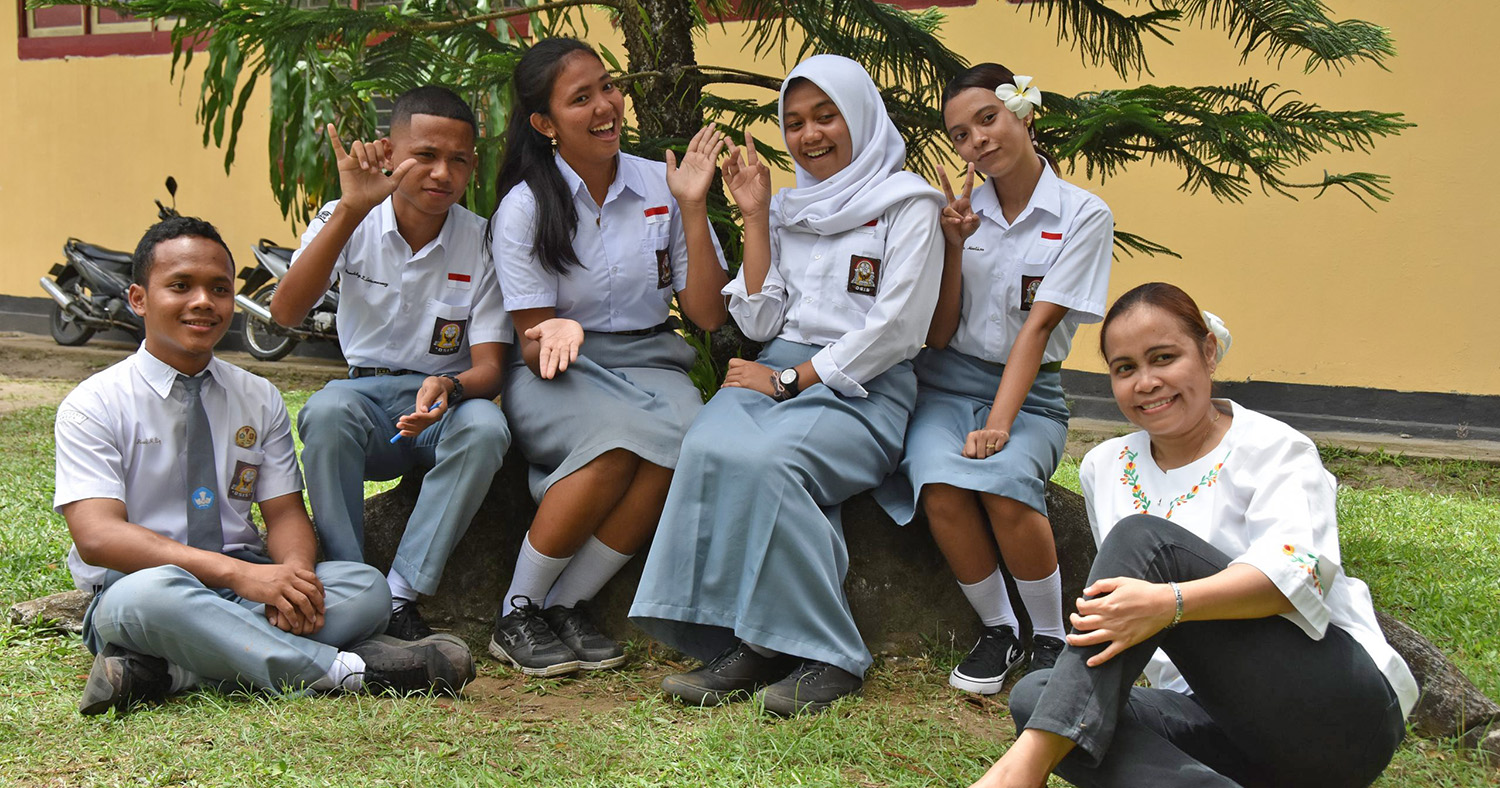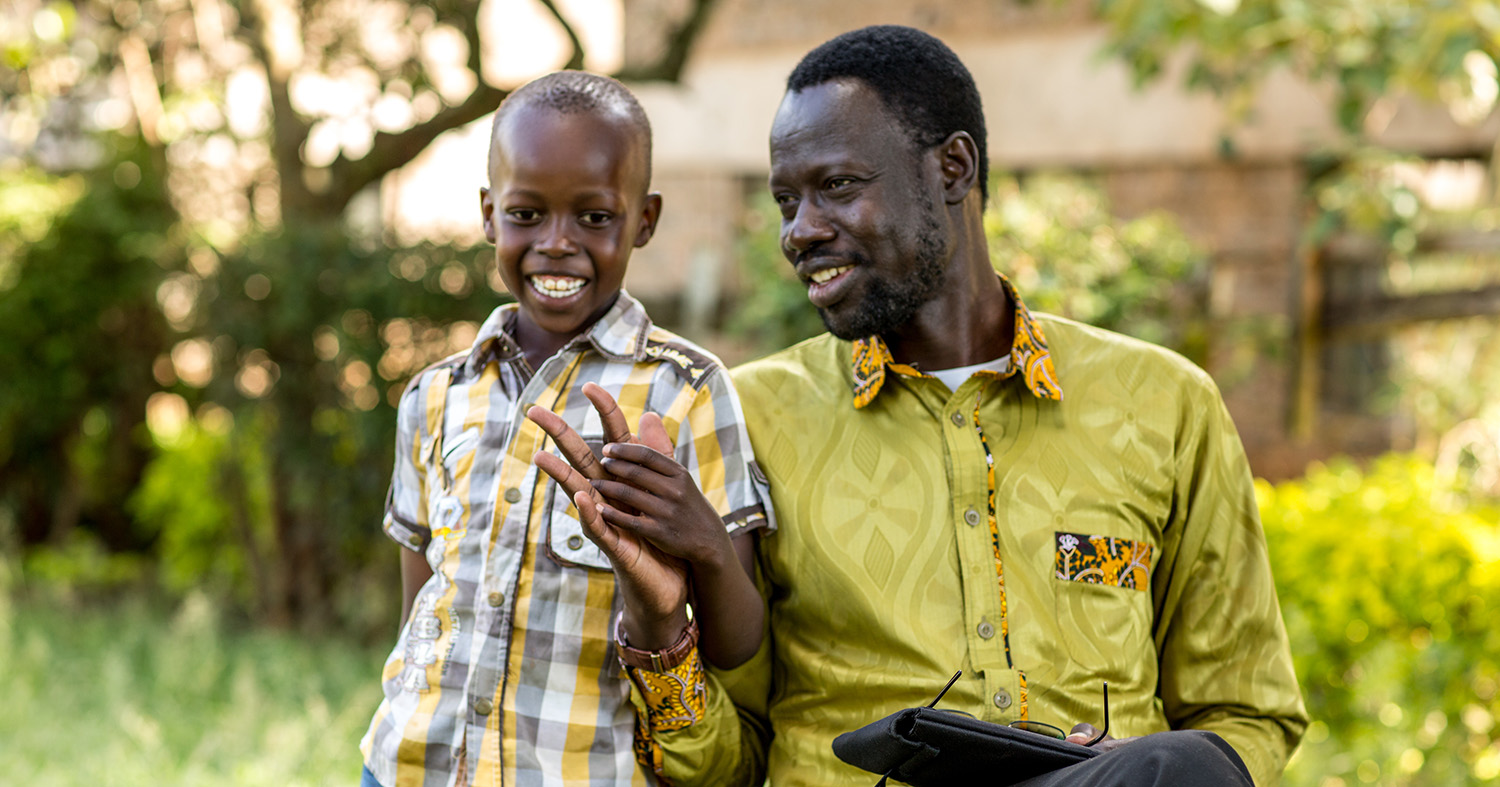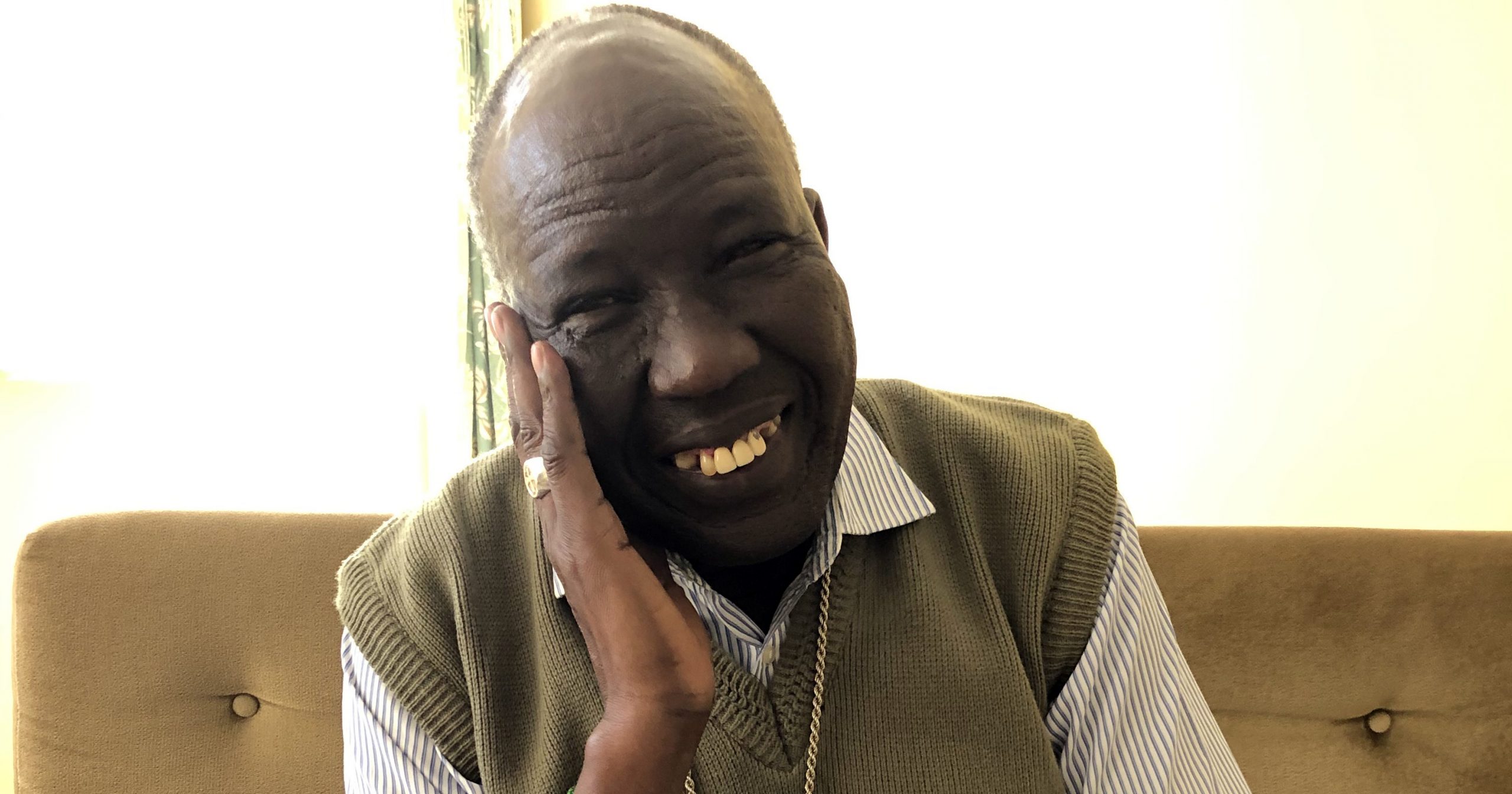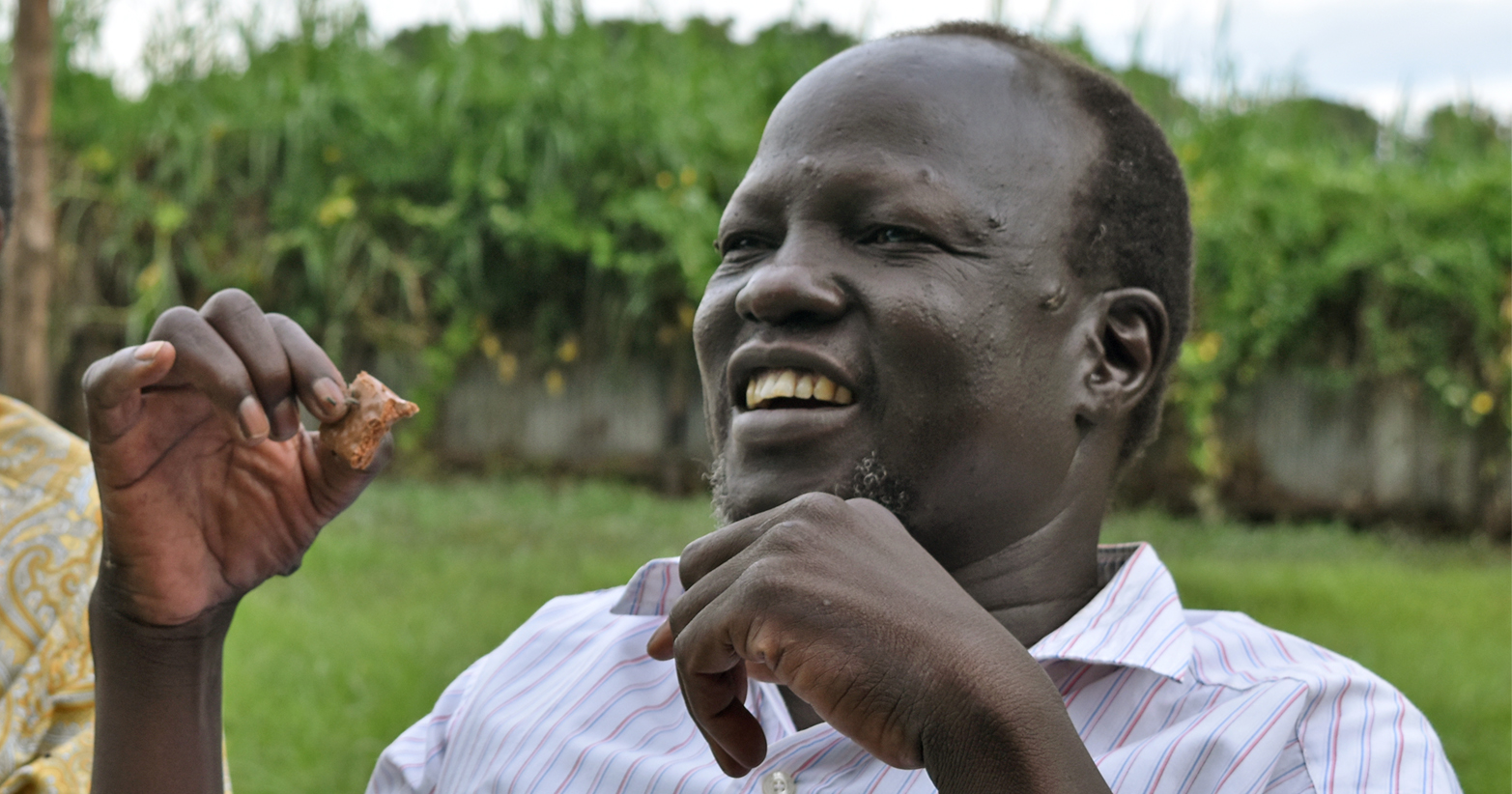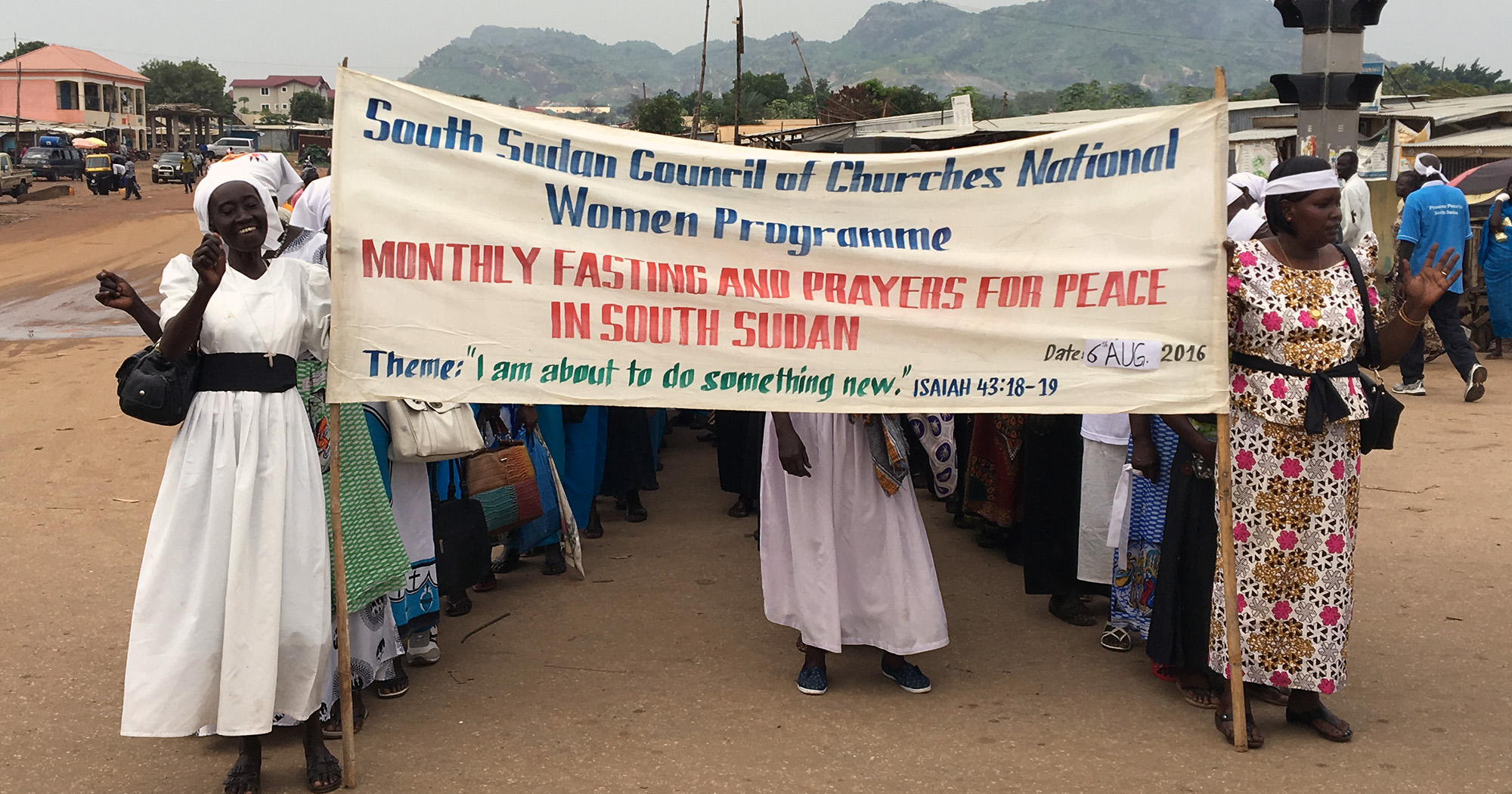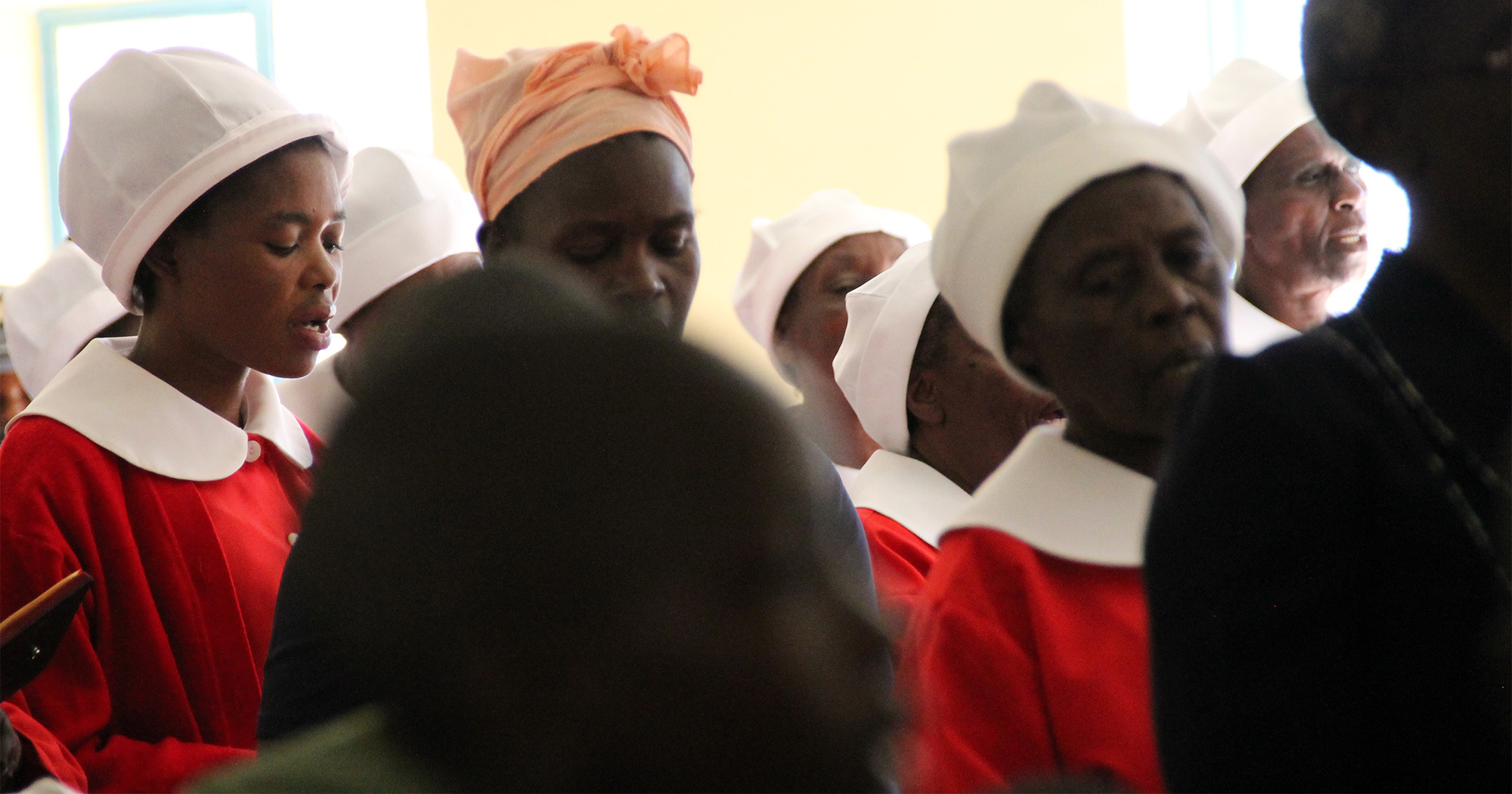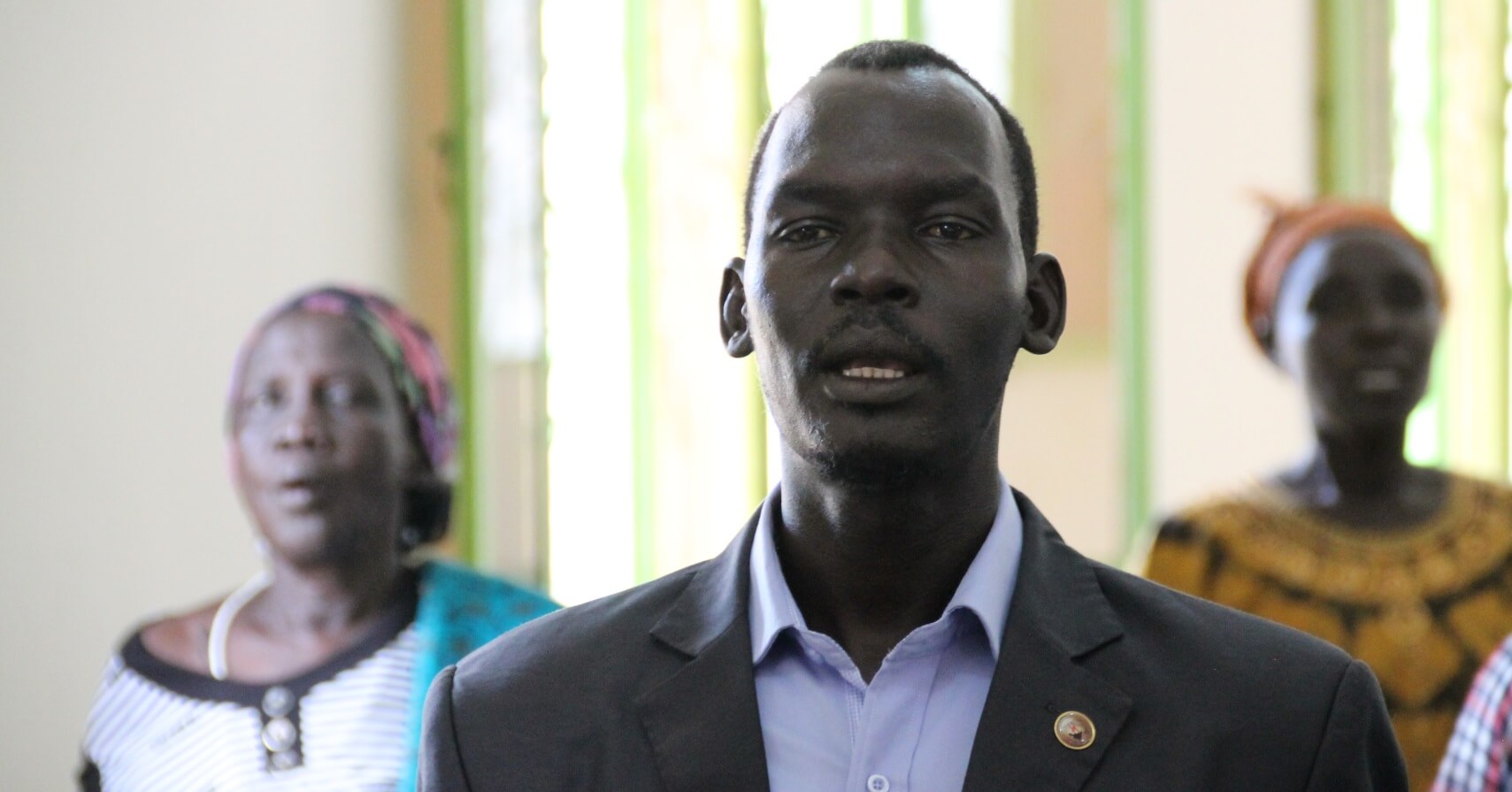4 ways to create change on Peace Day
“Peace cannot be kept by force. It can only come through understanding.”
-Albert Einstein.
One of my favourite moments as a kid was blowing out my birthday candles. It wasn’t just the seductive sight of tiny flames snuffed out in an instant – very early on, I’d heard that if you made a wish while you blew, it would come true. Every year I asked for the same thing, more or less: world peace. For people everywhere. Just peace. (Once or twice I may have also requested a guinea pig, which came to fruition).
Still hoping for peace.
In a world where we often feel powerless, here are four practical steps to move beyond wishful thinking.
1. Learn
Understanding is at the heart of peace – peace in the heart, peace in the home, peace in the nation. But where does understanding come from? It’s the intersection of listening, experience and knowledge – all of which has never been more accessible. We’re flooded with opportunity – an internet that opens the worlds of others to our gaze; self development in the form of talks, groups, courses; news that’s instant and graphic and not always reliable. As the lines between fact and fiction blur, it’s tempting to opt out altogether in the quest for genuine understanding – of others, ourselves and the world. Hang in there. Keep learning. Keep seeking. This is where peace begins.
- Subscribe to a podcast like this one to hear about the inspirational contribution of women to creating and keeping peace around the world
- Use a meditation and prayer app to cultivate your inner life– there are some useful reviews of the best available here
2. Pray
“While I follow closely all your stories and updates, I want you all to know that I am particularly and prayerfully aware right now of Rev John Yor,” a beautiful donor wrote to us recently. “Just ‘knowing about’ these people and communities touches me deeply – I find myself praying for Rev Yor throughout the day as I go about the activities with the people who are part of my day.”
The Apostle Paul suggested to the Church at Thessalonica that they should pray without ceasing. Is it practical? Is it possible? Many of our supporters say yes, extending their knowledge of people and places into their daily prayer routines.
- Scroll down here for our prayer points for the people of South Sudan, who are desperately in need of peace
- Set an alarm that reminds you to pray during the day; take time to write a short prayer and send it to us to pass on to our partners peacebuilding on the front lines at info@unitingworld.org.au
3. Give
John Wesley flipped the idea of giving on his head when, as a young minister, he set a budget for his annual needs and regarded any extra as belonging to God and others. In the first year he earned 32 pounds, lived on 28 and gave the rest away. As his income increased, doubled and then tripled, he continued to live on 28 pounds. Wesley began a school, a sewing co-op, a free health clinic and a lending agency for the poor: he preached that using financial resources for others was a central part of faith. In a world where poverty and gross inequality drives a huge amount of conflict, what’s your approach to giving? How are you passing on your approach to others, and are you planning to leave a legacy?
- Check out this site to see where your annual income places you in relation to the rest of the people on our planet
- Consider making a commitment to regular giving by becoming a UnitingWorld Global Neighbour here
4. Speak & act
“Blessed are the peacemakers, for they shall be called children of God.”
-Matthew 5:9
While most of us like to think of ourselves as peacemakers, often what we’re really doing is avoiding or delaying conflict. Genuine peacemakers are pro-active, not re-active. They have a strategy – they observe, they listen, and they act to help restore shalom – the wholeness of God – wherever they can. What are your personal peacemaking skills like? How much do you understand about the process and how committed to it are you in your everyday relationships?
- Read up on resources like this one: How to be a peacemaker
- Write a letter to your local MP about your commitment to building wholeness for everyone, not simply for the affluent here in Australia. Ask what financial resources are being put into developing relationships with our neighbours and what Australia’s vision is as a peace building nation in our region.

